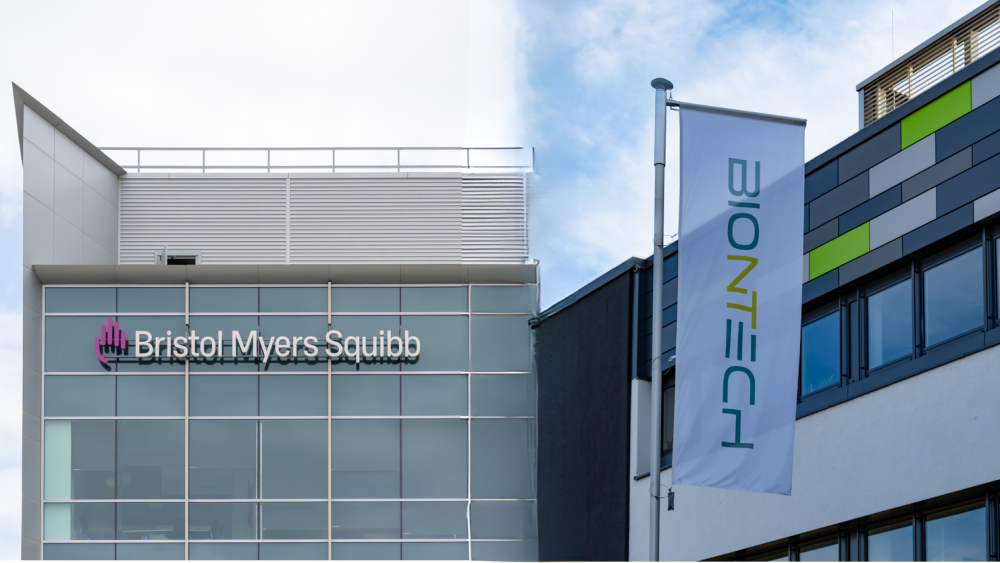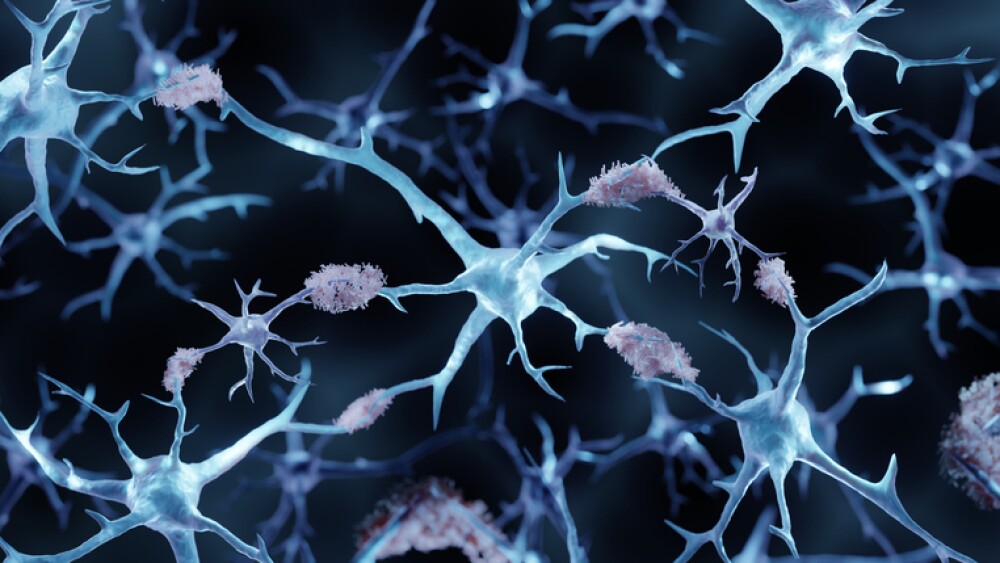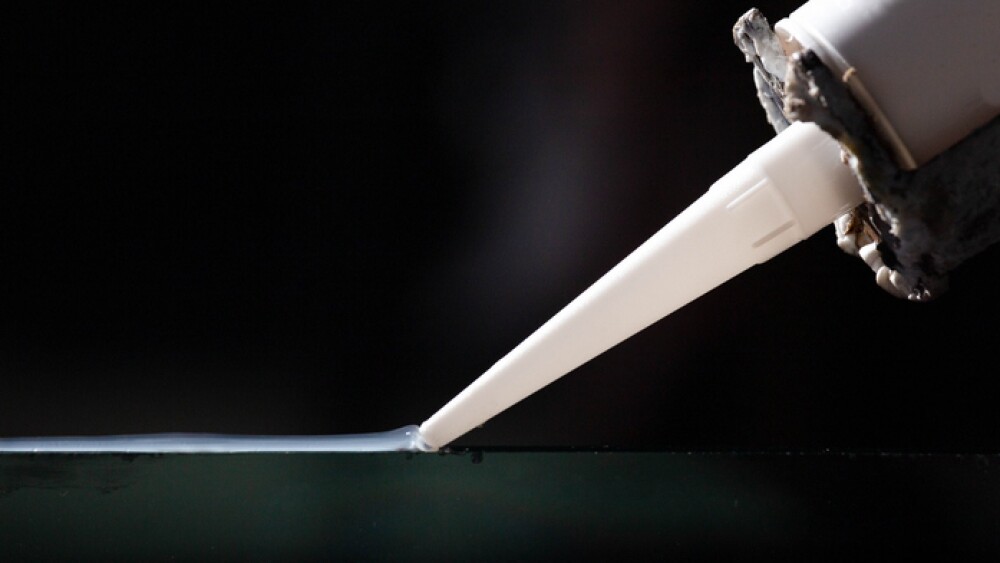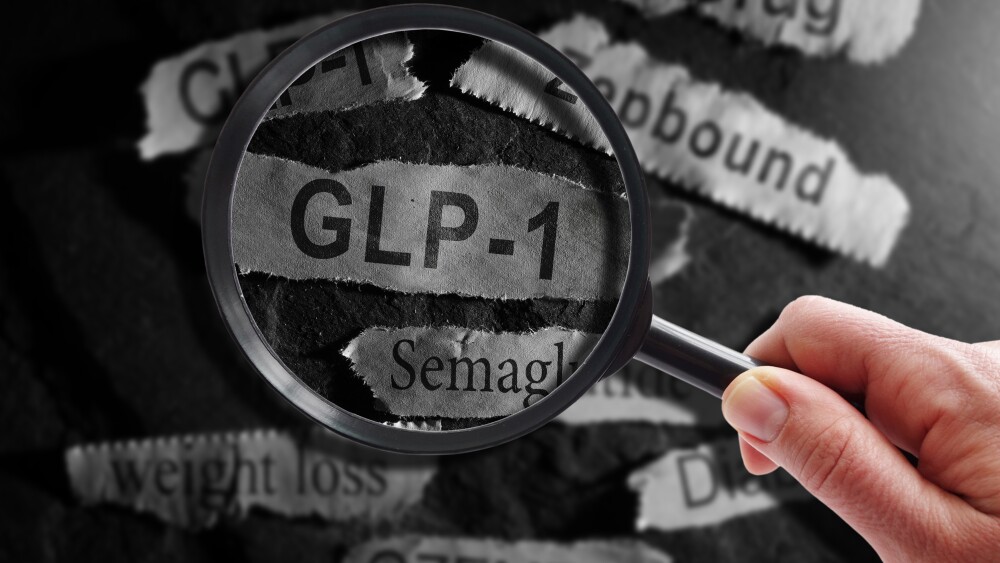News
Bristol Myers Squibb is dropping at least $3.5 billion to jointly develop the bispecific antibody, which will race with Summit Therapeutics, Merck and Pfizer in the crowded PD-1/PD-L1xVEGF space.
FEATURED STORIES
Suddenly the hottest thing in biopharma isn’t a new indication, disease target or modality—it’s manufacturing, and all of pharma is going to be vying for capacity and talent.
Even as Biogen and Eisai’s Leqembi and Eli Lilly’s Kisunla slowly roll out onto the market, experts question the efficacy of these anti-amyloid antibodies and the amyloid hypothesis overall.
Novartis, Biogen, Takeda and Novo Nordisk are all betting on advances in the molecular glue degraders space, collectively investing billions in hopes of treating cancer, Alzheimer’s disease, cardiometabolic disease and more.
Job Trends
Evosep announced a co-marketing agreement with Thermo Fisher Scientific, a world leader in serving science.
FROM OUR EDITORS
Read our takes on the biggest stories happening in the industry.
The FDA has vowed to fix a pharma ad loophole—but they’re targeting the wrong one.
THE LATEST
Donald Trump takes biopharma on a tariff-themed rollercoaster ride; J&J kicks off the Q1 earnings season; experts express concern about the FDA’s future; Pfizer’s obesity setback could be Viking’s gain; and BioSpace reveals the highest paid pharma CEOs.
Analysts have had to throw out their assumptions for the biopharma industry’s recovery heading into the first quarter earnings period given the ongoing tariff drama.
Johnson & Johnson’s Joaquin Duato is no longer the highest paid CEO in pharma. Meanwhile, just two women make the top 10.
In this bonus episode, BioSpace’s vice president of marketing Chantal Dresner and careers editor Angela Gabriel take a look at Q1 job market performance, layoffs and administration decisions impacting the workforce.
In the company’s first-quarter earnings call Tuesday, J&J CEO Joaquin Duato said there’s a better way to encourage drug manufacturing in the U.S. than President Donald Trump’s threatened pharma tariffs.
Merck has not disclosed which of its peptide therapies it plans to develop oral formulations for.
J&J opened Q1 2025 pharma earnings Tuesday, reporting sales of $21.9 billion and diluted earnings per share of $4.54. The medicines unit provided $13.9 billion while the medtech unit generated the remaining $8 billion.
According to analysts at BMO Capital Markets, non-obstructive hypertrophic cardiomyopathy would have meant a $1.3 billion label expansion opportunity for Camzyos.
At the heart of the licensing deal is CUE-501, a bispecific molecule that can selectively deplete B cells to address autoimmune and inflammatory conditions.
Trump could use the findings of the probe to impose certain trade restrictions on pharma products, including tariffs.

















